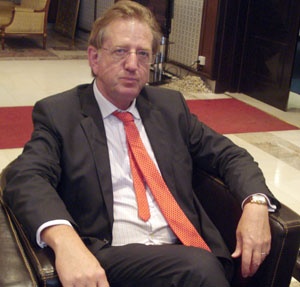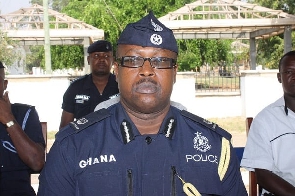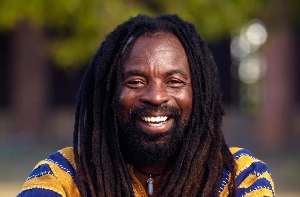Ghana’s development partners are unhappy with the current state of the economy, describing the country’s economic performance as poor.
The appraisal emerged during the inauguration of Ghana’s Development Partners Group (GDPG) by President John Mahama at the Flagstaff House in Accra recently. The Head of Mission, Claude Maerten, who spoke on behalf of GDPG, expressed worry about the practice whereby the economic gains of the country are quickly eroded after elections, describing it as detrimental.
He therefore called for rapid resolution of the problem. “Fiscal performance last year was poor. The last deficit poses serious risks to Ghana’s continued progress and success. It jeopardizes growth opportunities, constrains new investments and adds to debt,” he said.
Mr. Maerten said public sector reform is difficult and “it is such a big topic and involves so many people but it is not impossible.”
He said there were many aspects to improving public financial management. They include reducing the number of people on public payroll, improving performance of the staff and strengthening accountability among others, he said.
Mr. Maerten added: “Not everything can be done at once but we are ready to help you if you would like assistance to be ambitious and take some major step towards establishing efficient public service that Ghana needs.That is a public sector that ensures citizens have access to high quality services and that they can see the value of each Cedi is well spent.”
Head of delegation called on Government to put in place stringent measures to cut spending and reduce corruption in all aspects of governance, adding that Ghana had a good strategic formula but its weakness lay in implementation. Mr. Maerten called on Ghana to grow robustly and diversely in a competitive way to create jobs.
He commended government for increasing fuel prices and revenue through taxes but said a lot more should be done to ensure macro-economic stability at all times. Reacting to the foregoing, President John Mahama pledged to institute measures to ensure transparency and accountability in government spending.
He said government will strengthen the public sector institutions so that they can be more efficient, adding that “it is in the interest of government to ensure a stable macro-economic environment, failure which there will be dire consequences on the masses.
“Anytime we lose macro-economic stability, it is the vulnerable in the society who suffer.” The President attributed the recent instability in the country’s economy to “cyclical slippages,” adding “this will be the last time we suffer these slippages like this.”
“One of the things we want to do is to be transparent in putting out the numbers and letting Ghanaians know that this is what the state of our economy is. I believe that if Ghanaians know what the numbers are, they will understand what we are dealing with and they will be prepared to work with us to make sure that we provide a stronger economy.”
“One of the major things we need to correct is to have a priority investment programme and to ensure that what we invest into is absolutely what the priority should be. The situation where MDAs, on their own, go and look for credit for projects cannot continue,” he said.
Business News of Tuesday, 12 March 2013
Source: Daily Guide

















